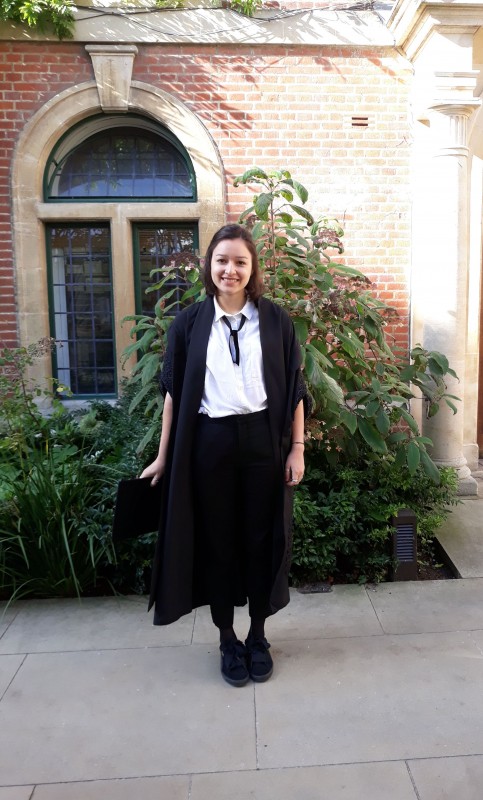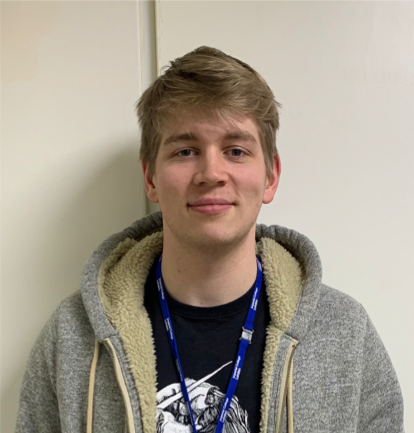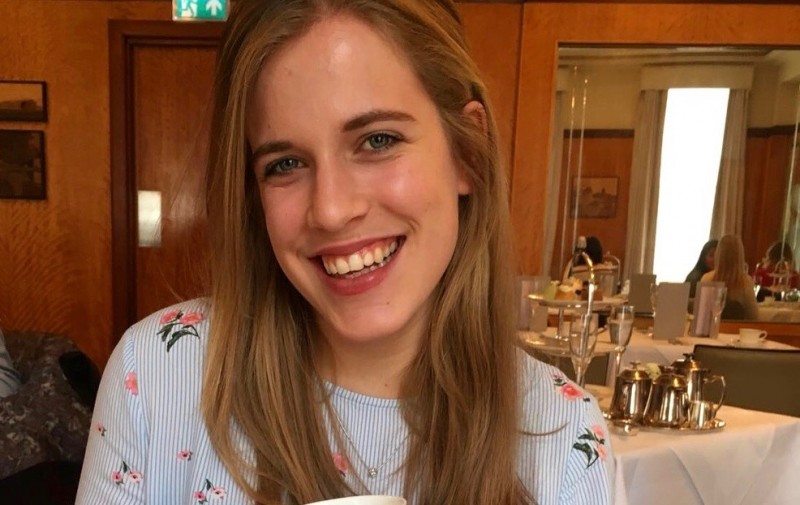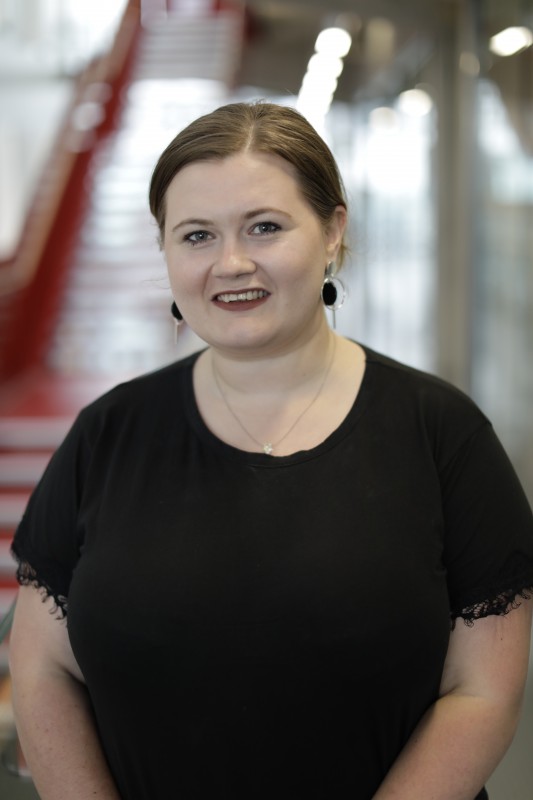We are extremely proud of all our colleagues who are contributing to the COVID-19 emergency response in any way that they can. We want to celebrate them by highlighting their contributions over these next few weeks in this mini-series of ‘LMS Emergency Response to COVID-19’. Today we want to introduce you to some of our wonderful colleagues who have been taking part in I’m a Scientist Stay at Home and share why they got involved during lockdown.
I’m a Scientist Stay at Home is an adapted version of the I’m a Scientist Get Me Out of Here school engagement activities that happen three times throughout the school year. Through live chats or the ASK section, students from schools that have signed up can chat with scientists from across the country from the comfort of their own homes. As lockdown has kept school students at home, I’m a Scientist Stay at Home was created to help teachers with fun activities to keep the student’s STEM education going. We are thrilled that some of our colleagues could get involved with this initiative, and we have caught up with a few of them to share why they got involved and how they found the experience.
 “Hello. I’m Mery. I really enjoy science communication and working with young people. I liked the idea of making home education during lockdown more varied. It is a wonderful opportunity that allows school students to speak to scientists and find out more about their lives. Being part of I’m a Scientist was a very rewarding experience. I was amazed by how curious and insightful the students were – they had some brilliant, thought-provoking questions for us. I am really keen to stay involved after lockdown and will try and participate in the Summer Zone even as labs gradually begin to open.”
“Hello. I’m Mery. I really enjoy science communication and working with young people. I liked the idea of making home education during lockdown more varied. It is a wonderful opportunity that allows school students to speak to scientists and find out more about their lives. Being part of I’m a Scientist was a very rewarding experience. I was amazed by how curious and insightful the students were – they had some brilliant, thought-provoking questions for us. I am really keen to stay involved after lockdown and will try and participate in the Summer Zone even as labs gradually begin to open.”
 “Hi everyone. I’m Ben. I got involved with I’m a Scientist because I liked the idea of getting to talk about science with school kids and to give them a bit of an insight into what academic science is like, and this was an ideal first step into that as everything is online, easy and convenient. I have been involved with different live chats and answered lots of immunology related questions in the ASK section of the website, but it has been fun to answer lots of random questions like whether giraffes should wear scarves on the top or bottom of their necks. It has been a good experience to get involved and would recommend as an opportunity to engage with lots of school children, and as a good stepping stone to help increase confidence in doing more public engagement in future.”
“Hi everyone. I’m Ben. I got involved with I’m a Scientist because I liked the idea of getting to talk about science with school kids and to give them a bit of an insight into what academic science is like, and this was an ideal first step into that as everything is online, easy and convenient. I have been involved with different live chats and answered lots of immunology related questions in the ASK section of the website, but it has been fun to answer lots of random questions like whether giraffes should wear scarves on the top or bottom of their necks. It has been a good experience to get involved and would recommend as an opportunity to engage with lots of school children, and as a good stepping stone to help increase confidence in doing more public engagement in future.”
 “Hello. I’m Jess, a PhD student at the LMS. I first heard about I’m a Scientist and had to get involved. I’ve loved getting involved and have signed up to a chat nearly every day. You get the weirdest questions, and many really interesting and thought-provoking questions too. It has challenged me to be able to explain mine and others’ research in a simple and engaging way. I will definitely try to get involved post-lockdown as I think it is so important to connect classrooms with scientists, to combat myths and encourage younger scientists. The current crisis has only proven how vital general scientific knowledge and interest is.”
“Hello. I’m Jess, a PhD student at the LMS. I first heard about I’m a Scientist and had to get involved. I’ve loved getting involved and have signed up to a chat nearly every day. You get the weirdest questions, and many really interesting and thought-provoking questions too. It has challenged me to be able to explain mine and others’ research in a simple and engaging way. I will definitely try to get involved post-lockdown as I think it is so important to connect classrooms with scientists, to combat myths and encourage younger scientists. The current crisis has only proven how vital general scientific knowledge and interest is.”
 “Hi everyone. I’m Sophie. I was actually chosen to take part in the I’m a Scientist March zones that ran before lockdown happened, and when I heard about the Stay at Home edition, I wanted to continue my participation. I am not a research scientist anymore. Instead I work in science communication, so I was keen to get involved to show the school students that there are more careers you can have in science without just working in a lab. It was great to be involved and have students as me more and more questions about the different aspects of a career in science communication and how I share science through writing, videos, events and more. As I have previously been chosen to be involved with the usual I’m a Scientist events, I don’t think I’m eligible to get involved again, but I will always continue to advocate for so-called ‘alternative’ science careers and engage with schools about science.”
“Hi everyone. I’m Sophie. I was actually chosen to take part in the I’m a Scientist March zones that ran before lockdown happened, and when I heard about the Stay at Home edition, I wanted to continue my participation. I am not a research scientist anymore. Instead I work in science communication, so I was keen to get involved to show the school students that there are more careers you can have in science without just working in a lab. It was great to be involved and have students as me more and more questions about the different aspects of a career in science communication and how I share science through writing, videos, events and more. As I have previously been chosen to be involved with the usual I’m a Scientist events, I don’t think I’m eligible to get involved again, but I will always continue to advocate for so-called ‘alternative’ science careers and engage with schools about science.”
